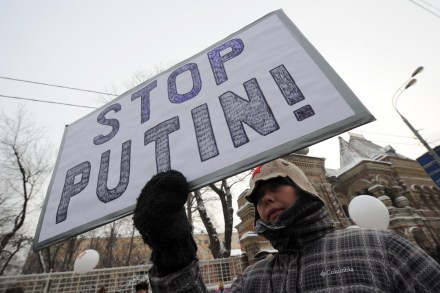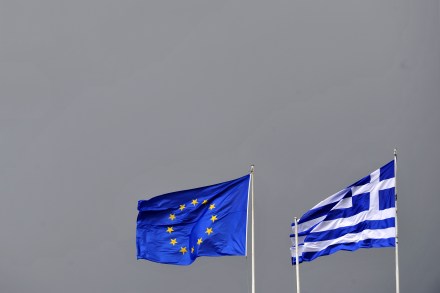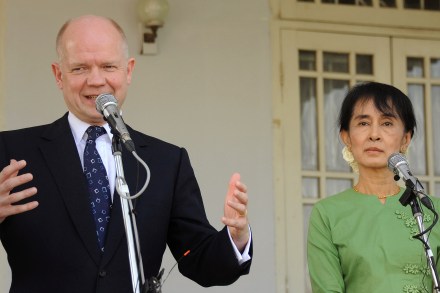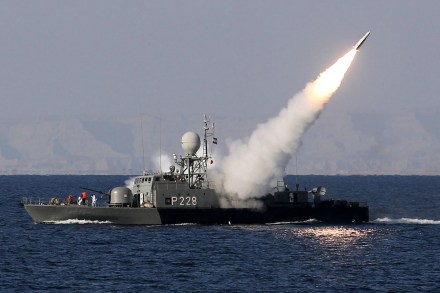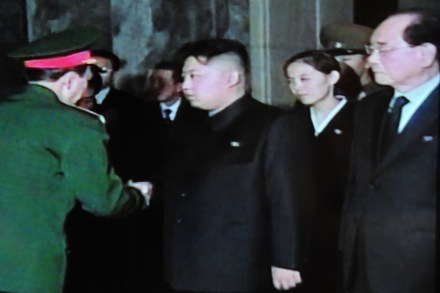Putin’s end
This weekend, thousands of people defied the cold and the control in Moscow to show their dislike for Vladimir Putin and what Russia has become under his leadership: corrupt, energy-reliant, centralised, and uncompetitive. It is now a country that must win externally because it can’t help but lose internally. ‘Post-BRIC’, as a new report has it. My guess is that Putin will ‘win’ the presidential election, and will ensure that a sufficient number of counter-protests make it look as if he has more support than he actually has. That’s exactly the kind of ‘virtual politics’ that Moscow excels at and which Ukraine expert Andrew Wilson has described so well in
